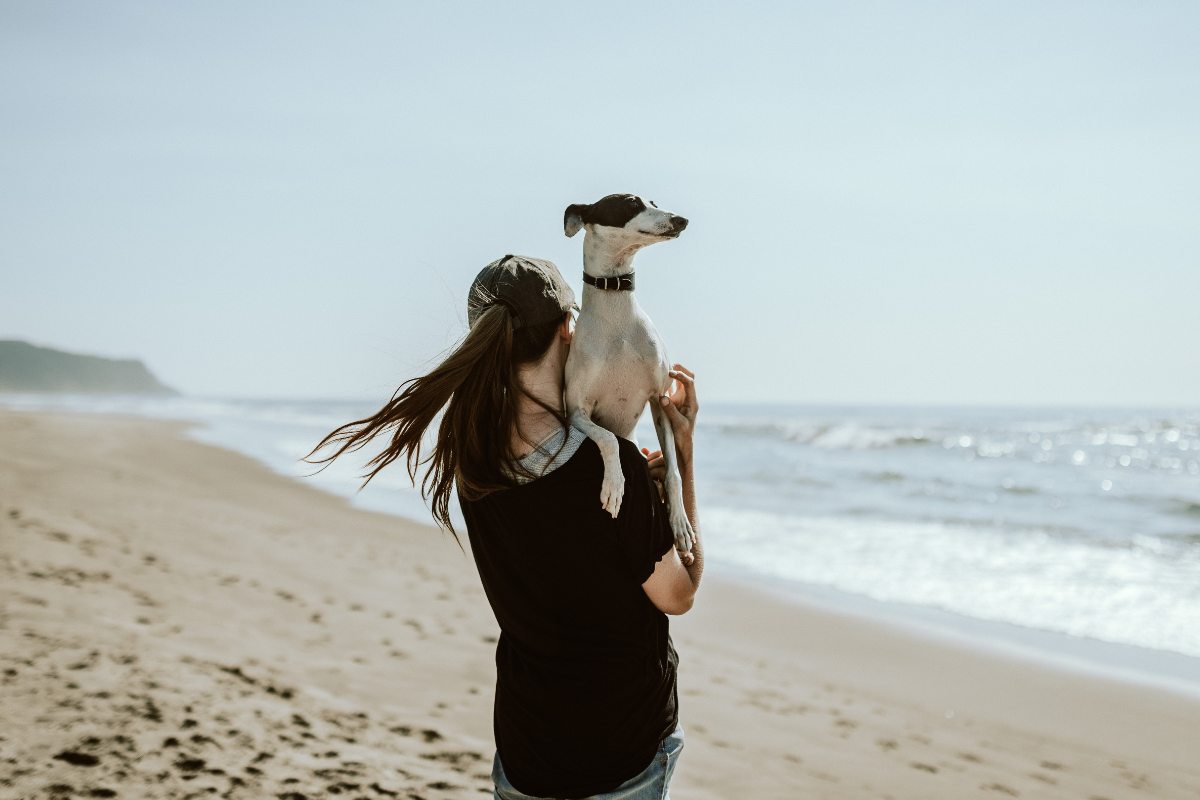By Dustin Rhodes
During the first year of the pandemic, I worked on a story about the people rising to the occasion to help dogs and cats who were languishing in overcrowded shelters. At the time, it seemed like most communities in the U.S. were enjoying an uptick in pet adoptions and a general helpfulness from local animal lovers.
As part of my research, I participated in a series of weekly conference calls among the country’s vast sheltering network—an illuminating and hopeful experience, to be sure. I learned that the nationwide shelter network goes to great effort to aid each other and to share information. This phone-call series, which has hundreds of participants and happens every Monday—existed long before the pandemic.
But I learned some not-so-great things, too. For starters, I learned that pet adoptions from municipal shelters and rescues had actually been going down, and that this started the year before the pandemic. This is not the result of one single reason, but perhaps a series of things: Is it because veterinary care is extraordinarily expensive? Housing instability? Inflation? An increase in buying dogs from breeders? Maybe it’s all those things, and more. There is no one, agreed-upon cause.
The number of animals abandoned at shelters is expected to reach a three-year high in 2023. Euthanasia rates are also at a three-year high—an alarming statistic given the decades of pet adoption efforts spay and neuter campaigns by advocates like Friends of Animals.
No-kill advocacy is now in jeopardy.
Part of this can be traced directly to the disastrous halt of spay and neuter surgeries during the pandemic. Community spay and neuter programs largely shut down, as did spay and neuter surgeries at private veterinary clinics. Once they resumed—far into the pandemic—there was a waiting list that still has not been eliminated, especially in major cities. FoA’s own lower-cost spay and neuter program suffered as a result of this, too, as veterinarians who honored our certificates paused services.
Leah Craig Feiser, the executive director of Asheville, N.C.-based Brother Wolf Animal Rescue—one of the largest rescues in the Southeast, says, “one of the biggest problems is still spay and neuter. Some 2.7 million pets did not get spayed and neutered during the pandemic. We’ve never encountered a problem this massive before, and it may affect us for 10 years—all those unwanted litters. Spay and neuter was the original solution for the movement to save dogs and cats…and it still is.”
Feiser says that Brother Wolf has not had very many animals returned who were adopted during the pandemic: “Most of the people have kept those animals, and that’s what I hear from other shelters as well.” She says much of this issue is likely economic, adding that the costs associated with pet care now are unprecedented and only getting worse. What’s more,, there just aren’t enough veterinarians to cope with multiple crises. She also noted that when people do surrender pets, the animals almost always arrive with serious health issues that require expensive treatment, which further points to the economics of pet ownership. “Seeing animals being surrendered with so many serious issues is a brand new issue for us, at least at this scale.”
As always, the solutions to these complex problems involves all of us—including your support of Friends of Animals and our mission to end pet homelessness. Let’s work together to turn this around. Our nation’s cats and dogs deserve it.
How can you help?
- Support our lower-cost spay and neuter program. You can use it for your own pet or purchase a certificate for someone in need (Friends of Animals regularly distributes spay and neuter certificates to rescues and shelters throughout the country who need them). Visit our website, www.friendsofanimals.org, or call 800-321-PETS
- Never buy a dog or cat from a commercial breeder. Even if you want a “purebred,” many breeds can be found at shelters and rescues. You may also contact breed-specific rescues in your community, if that’s a personal preference. Feiser pointed out that breeders have become savvy with internet marketing, which has had the effect of de-stigmatizing buying dogs and cats. But ADOPT, DON’T SHOP is more essential than ever.
- Volunteer to help out at your local humane society, shelter or rescue. Volunteers may help walk animals, foster animals, assist with adoption events and serve as community advocates—all necessary roles to help reverse the disturbing trends we’re seeing.
- Many cities have volunteer-based programs that help pet owners in need of assistance. For example, a number of communities sponsor programs for people experiencing health crises—where volunteers care for animals while someone is in the hospital or receiving cancer treatments, etc. This helps keep animals out of shelters.
- Get involved in Trap, Neuter and Return efforts in your community. TNR keeps cats from being euthanized.
- Stay educated. Keep abreast of these issues by becoming a member of Friends of Animals, and signing up for our biweekly newsletter. These issues become worse because of ignorance.

